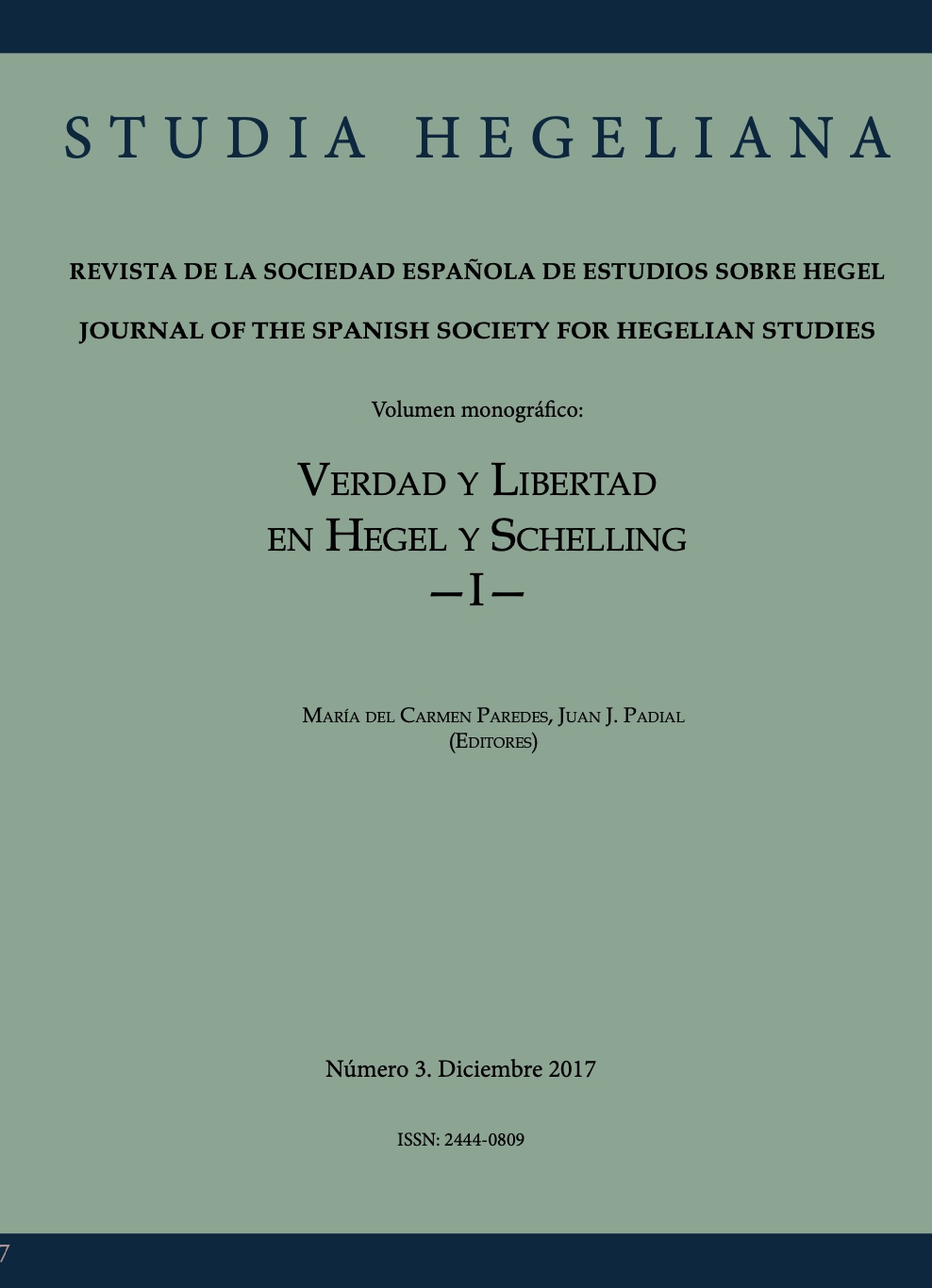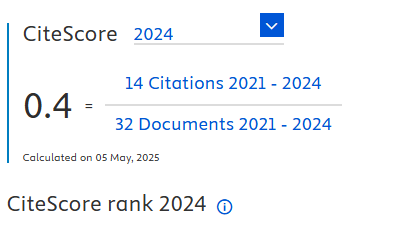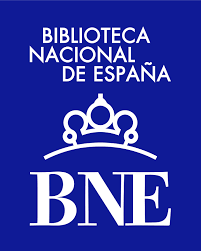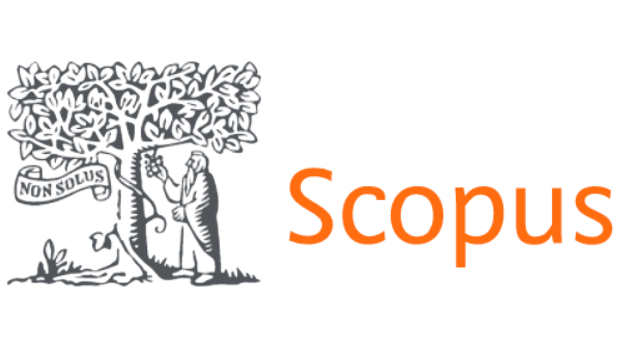The Truth of the Living Organism. Organic Life in Hegel’s and Schelling’s Philosophy of Nature
DOI:
https://doi.org/10.24310/Studiahegelianastheg.v3i.11417Keywords:
LIFE, ORGANISM, TRUTH, NATURE, LOGICAbstract
The living organism plays an important role in both Hegel and Schelling. In an organism, the organs move in an internal process and they are mutually purpose and means. Schelling and Hegel can speak of the truth of the organism, since organic life has its place in their philosophical systems. Schelling’s philosophy of nature refers to a unity of nature and spirit. For Hegel there is a gap between nature and spirit, but his philosophy is based on a concept of unity or wholeness, too. For Hegel and Schelling, the truth of the organism is that it is a self-contained whole that produces itself. The methods of both philosophers differ. In Schelling, the unity, which is determined by a previous principle, produces itself. In Hegel, this unity moves in a dialectical process which is animated by a form of subjectivity.
Downloads
Metrics
Publication Facts
Reviewer profiles N/A
Author statements
Indexed in
-
—
- Academic society
- N/A
- Publisher
- Universidad de Málaga
References
Downloads
Published
How to Cite
Issue
Section
License
This journal provides immediate free access to its content under the principle of making research freely available to the public. All contents published in Studia Hegeliana. Journal of the Spanish Society for Hegelian Studies, are subject to the Creative Commons Attribution-NonCommercial-ShareAlike 4.0 licence (specifically, CC-by-nc-sa), the full text of which can be found at <http://creativecommons.org/licenses/by-nc-sa/4.0>. Derivative works are therefore permitted as long as they are not used for commercial purposes. The original work may not be used for commercial purposes. The journal is not responsible for the opinions expressed by the authors of the works published in it.
It is the authors' responsibility to obtain the necessary permissions for images that are subject to copyright.
Authors whose contributions are accepted for publication in this journal retain the copyright. It is non-exclusive right to use their contributions for scholarly, research and educational purposes, including self-archiving or deposit in open access repositories of any kind.
Since volume 7 of 2021 the journal Studia Hegeliana has changed the copyright. Since that year the authors have retained the copyright.
The electronic edition of this journal is published by the Editorial de la Universidad de Málaga (UmaEditorial), being necessary to cite the source in any partial or total reproduction.







244.png)




















